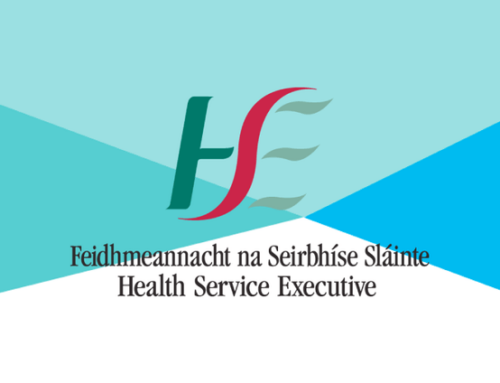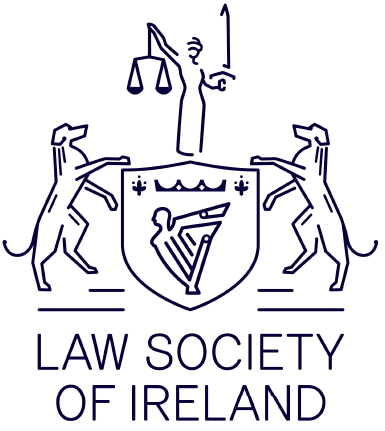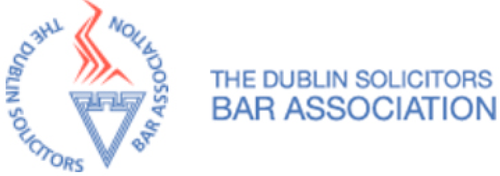The right to one’s good name and reputation is a long-established legal principle. However, in a say-whatever-you-want social media world, we discuss what your rights are and how you vindicate those rights if your reputation is unjustly attacked online.
WHAT IS DEFAMATION?
The law of defamation is governed in Ireland by the Defamation Act 2009. This Act defines a defamatory statement as one which injures a person’s reputation in the eyes of reasonable people. However the Act doesn’t stop there. To be successful in proving defamation, it must be shown that the defamatory statement:
- was published;
- referred to the person alleging defamation; and
- was false.
The law on defamation applies to all forms of communication – be it in print (newspapers, magazines, books etc.), verbal (to third parties) or online. It covers all forms of online communication, including Facebook posts or comments, tweets, Snapchat posts, blog posts or comments, or reviews on platforms such as Google, TripAdvisor and Airbnb. Defamatory statements made in Whatsapp groups could also be considered publication for the purposes of Defamation.
DIFFICULTY WITH ONLINE DEFAMATION
The recovery of damages and costs when taking a defamation case against a newspaper is not usually a concern – in fact newspapers will often budget for this very eventuality. However, when it comes to online defamation, the recovery of costs and damages can be more difficult, if not impossible.
This is the difficulty with online defamation. Theoretically, all those who make defamatory statements online are liable under defamation laws. Although certainly not impossible, practically-speaking, recovering costs and damages from them can be like getting blood from a stone and can rarely be done in a cost-effective way – this is not only due to the anonymous nature of the internet but the fact that the majority of individuals will not be in a position to pay any award of damages and costs made against them.
Moreover, current European Union law protects internet service providers and social media sites such as Google, Facebook and Twitter from any defamatory statements made by their users. These companies are viewed as not having ‘actual knowledge’ of the activity of their users and therefore can’t be pursued under defamation laws – thus limiting the legal remedies open to those who have been defamed on their platforms.
But what if the individual alleging defamation brings it to the attention of these companies?
RECENT CASELAW
In the UK case of Tamiz v Googl[1], anonymous comments were made on a blogging platform hosted by Google. The plaintiff sent them a letter, bringing the defamatory post to their attention. It took five weeks for Google to forward the complaint to the blogger in question, who, in turn, took three days to remove the material from the site.
The courts held that Google were a secondary publisher by virtue of fact that they took an unreasonably long amount of time to intervene. Although the courts, in making their decision, also took into account the high degree of help offered by Google to users of their platform, it does open the doors for Internet Service Providers to be held liable if they fail to act once an individual informs them of a defamatory statement hosted on their platform.
The Supreme Court of Southern Australia dealt with a similar matter in Google v Duffy[2] and, it too, held that once Google has received notification of false and defamatory statements, they may be held liable as a secondary publisher if they fail to act in an expedient timeframe.
In Muwema v Facebook Ireland[3], the High Court in Ireland had an opportunity to introduce the same principle into Irish judicial precedent. The Court however, held that the internet service provider was not obliged to remove the defamatory posts of an anonymous third party. It opted instead to force Facebook to reveal the identity of the user in question.
This author submits that the decision in Muwema is not only impractical in a say-whatever-you-want social media world, but it fails to provide adequate remedies to those whose good name has been besmirched by anonymous, scurrilous and reckless online comments, shared hundreds, thousands or even millions of times. This was highlighted during the recent Ana Kriegel case in which a boy was wrongly identified as one of the teenager’s killers – his picture and personal details shared online. Do we expect him to take defamation cases against thousands of people?
Although Irish courts are not bound to follow the decisions of the UK and Australian courts, it is this author’s opinion that to do so would be more practical.
GET IN TOUCH
Defamation cases are on the rise and there is little doubt that this is due to the increased use of social media and the ease with which people can now publish remarks or reviews without considering the legal implications of what they are doing.
If you are a victim of defamation, be it online or offline, obtaining the advice of a professional and experienced Dublin solicitor is in your best interests. At O’Brien & Company Solicitors, we recognise that a defamation can be distressful and can have significant emotional consequences for you and your family. That’s why we will do everything we can to make the process run as smoothly as possible for you. We will work long and hard to make sure that you obtain the compensation and retraction that you deserve.
For a free, no obligation consultation, call O’Brien & Company Solicitors on (01) 874 6959.
[1][2013] EWCA Civ 68.
[2][2015] SASC 170.
[3][2016] IEHC 519.








